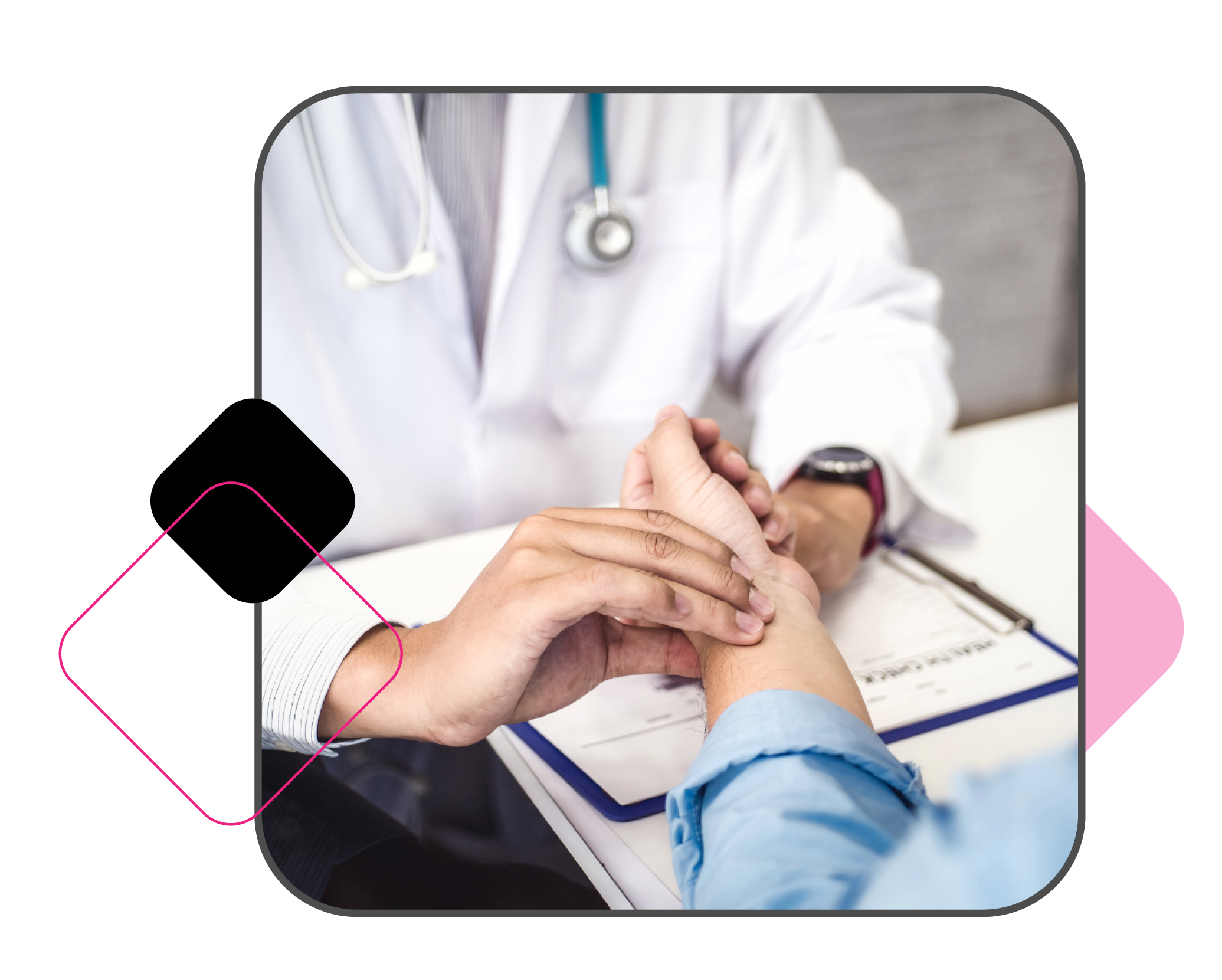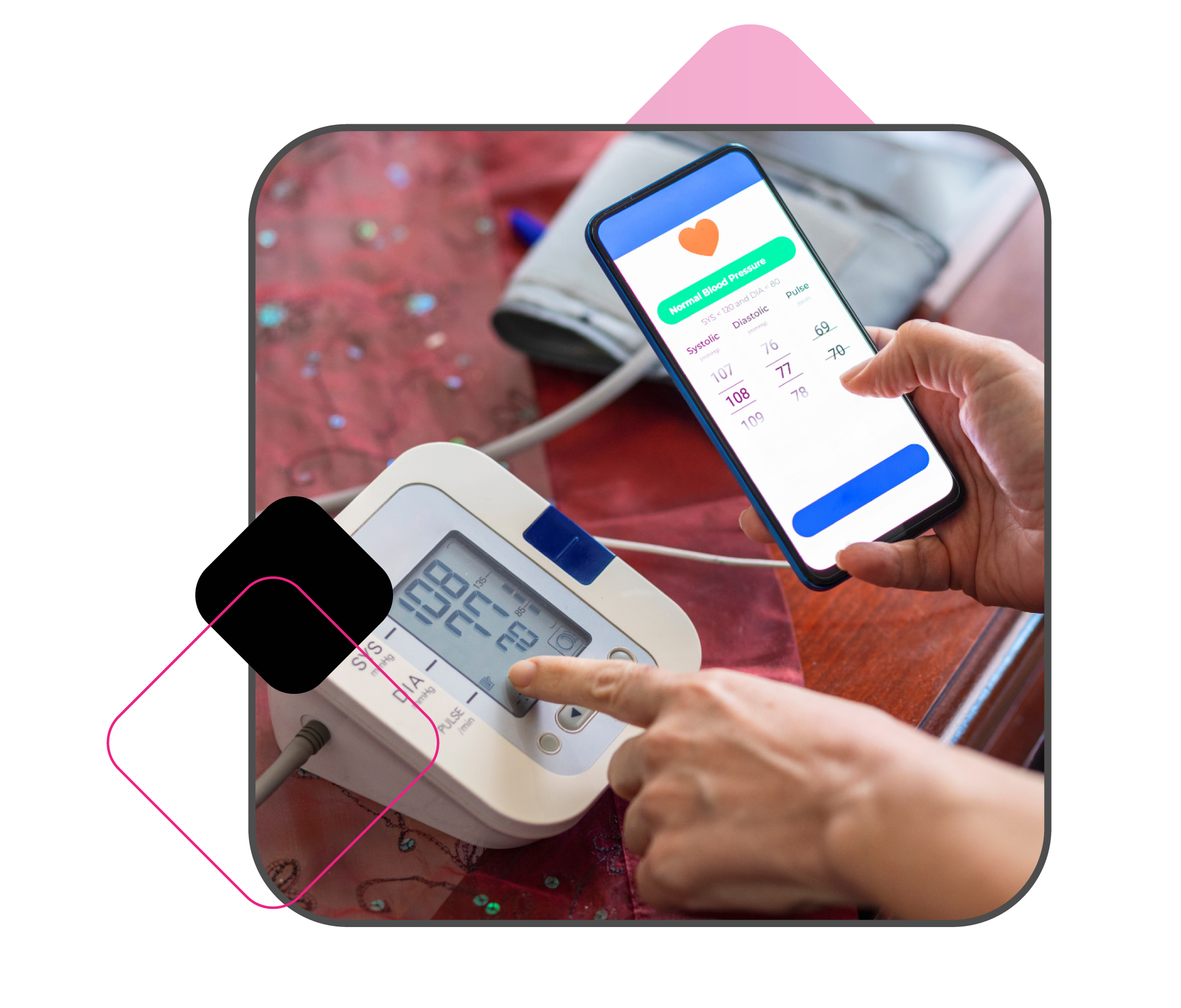
Login to Book an Appointment
Simply login with your credentials to book an appointment.
Don’t have an account yet?
and get ready to take control of your health and well-being.
|
|

Why Choose Us
Pushing the limits of what’s possible for our patients
Dr Hart qualified at the University of Pretoria before obtaining extra medical qualifications in Aviation medicine, Aquatic Medicine, and Occupational health.
Dr Hart was fortunate enough to have worked on 6 of the 7 continents and in 40 countries across the world focusing on Primary health and Occupational health. Industries, where Dr Hart excelled, include Oil and Gas, Mining, Manufacturing, and Agriculture. Interests in Environmental health have taken her from Private practice to various remote locations across the world.
Creating a long-lasting trust relationship with our patients/clients by treating them with dignity, respect, and compassion
We Focus On

Primary Healthcare
We provide health services such as diagnosis and treatment of health conditions, as well as assistance in managing long-term healthcare, including chronic conditions.

Preventative Medicine
Preventative medicine enables us to stay ahead of potential problems by promoting healthy behaviors and conducting regular screenings for diseases and health concerns.

Occupational Health Care
Occupational health is a service that assists employers and employees, in verifying a safe work environment. Medical Surveillance and Occupational Hygiene limit toxic exposure impact.
FAQ
Have Any Question?
How do virtual appointments work?
Virtual medical consultations, also known as telemedicine or telehealth appointments, enable remote consultations with healthcare professionals using digital communication technologies. The process involves scheduling the appointment on our online system. After a booking is requested, you will recieve a confirmation of appointment and link to attend the consultation. Virtual consultations offer convenience and accessibility, allowing individuals to receive healthcare without in-person visits, particularly for non-emergency or routine needs. The video link is secure and patient confidentiality is maintained.
Why is it important to schedule regular healthcare checks?
Scheduling regular healthcare checks is important for the early detection of health issues, preventive care, disease management, receiving health education and guidance, monitoring overall health progress, building a trusting relationship with healthcare providers, and addressing emotional and mental well-being. By prioritizing regular check-ups, you can take an active role in maintaining your health and preventing potential complications or risks.
How long does a prescription last?
The duration for which a prescription remains valid depends on various factors, including the country or region’s regulations, the type of medication, and the prescribing healthcare professional’s discretion. In many cases, prescriptions are written with a specific duration or number of refills indicated by the healthcare provider. Commonly, prescriptions for chronic conditions may have a longer validity, such as three months or one year, allowing patients to obtain multiple refills without the need for frequent visits to the doctor. On the other hand, prescriptions for acute or short-term conditions may have a shorter validity, typically ranging from a few days to a few weeks. It is important to follow the instructions provided by the prescribing healthcare professional and check the prescription label or consult with a pharmacist to determine the specific expiration or refill limits for a particular prescription.
Why is it important to take preventative measures when it comes to our health?
Taking preventative measures for our health is crucial for several reasons. Firstly, it enables early detection and intervention, leading to improved outcomes and reduced complications. Secondly, it helps alleviate the burden on healthcare systems by avoiding costly interventions and hospitalizations. Practicing preventive healthcare empowers individuals to make informed lifestyle choices, promoting well-being and preventing chronic conditions. Lastly, preventive measures positively impact public health by preventing the spread of diseases and improving overall population well-being. Prioritizing prevention benefits individuals, healthcare systems, and society as a whole.
